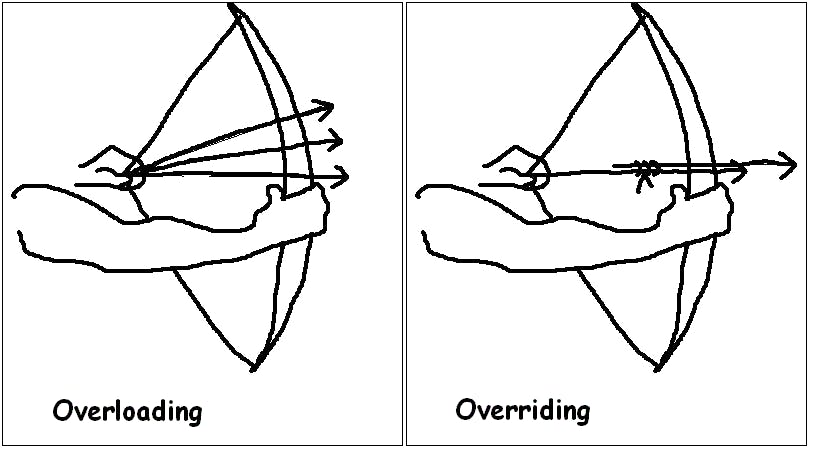38,693 reads
Top 5 Object Oriented Programming and Design Courses for Programmers
by
September 20th, 2018
Audio Presented by
I am Java programmer, blogger on http://javarevisited.blogspot.com and http://java67.com
About Author
I am Java programmer, blogger on http://javarevisited.blogspot.com and http://java67.com
